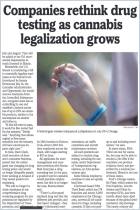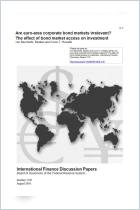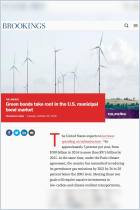Join getAbstract to access the summary!

Join getAbstract to access the summary!
Stephanie F. Cheng, Gus De Franco and Pengkai Lin
Marijuana Liberalization and Public Finance
A Capital Market Perspective on a Public Health Policy
Brookings Institution, 2020
What's inside?
The economic impacts of the legalization of marijuana in the United States are complex.
Recommendation
Advocates and opponents of marijuana legalization in the United States continue to debate its social and health merits. But the economic outcomes of cannabis decriminalization remain largely undiscussed. In this detailed research report, scholars Stephanie F. Cheng, Gus De Franco and Pengkai Lin conduct a thorough examination of the financial effects on those states that enact medical marijuana laws (MML), and they uncover how MML affect the states’ costs of borrowing in the capital markets. With US marijuana consumption growing, users and nonusers will find this an informative analysis.
Summary
About the Authors
Stephanie F. Cheng is an assistant professor at the Freeman School of Business at Tulane University, where Gus De Franco is a professor and Pengkai Lin is a PhD student.





















Comment on this summary